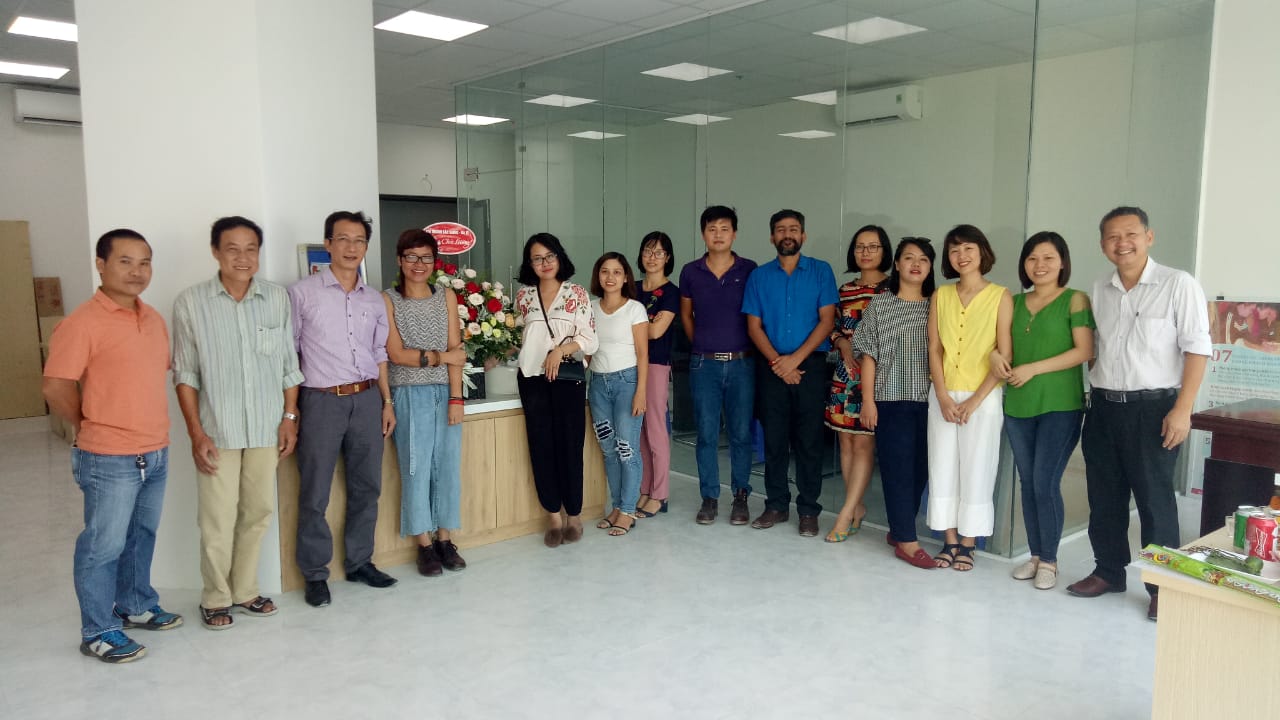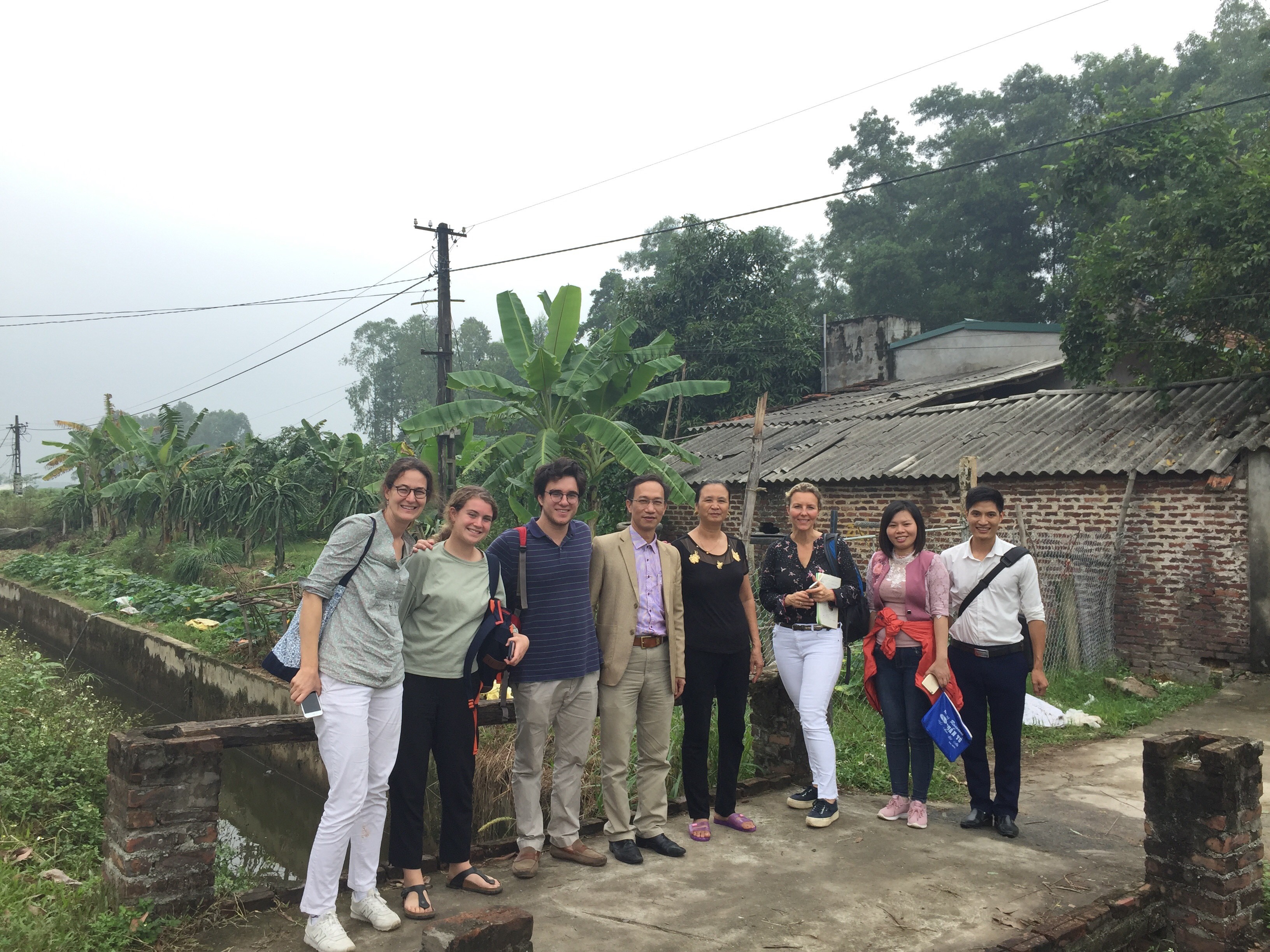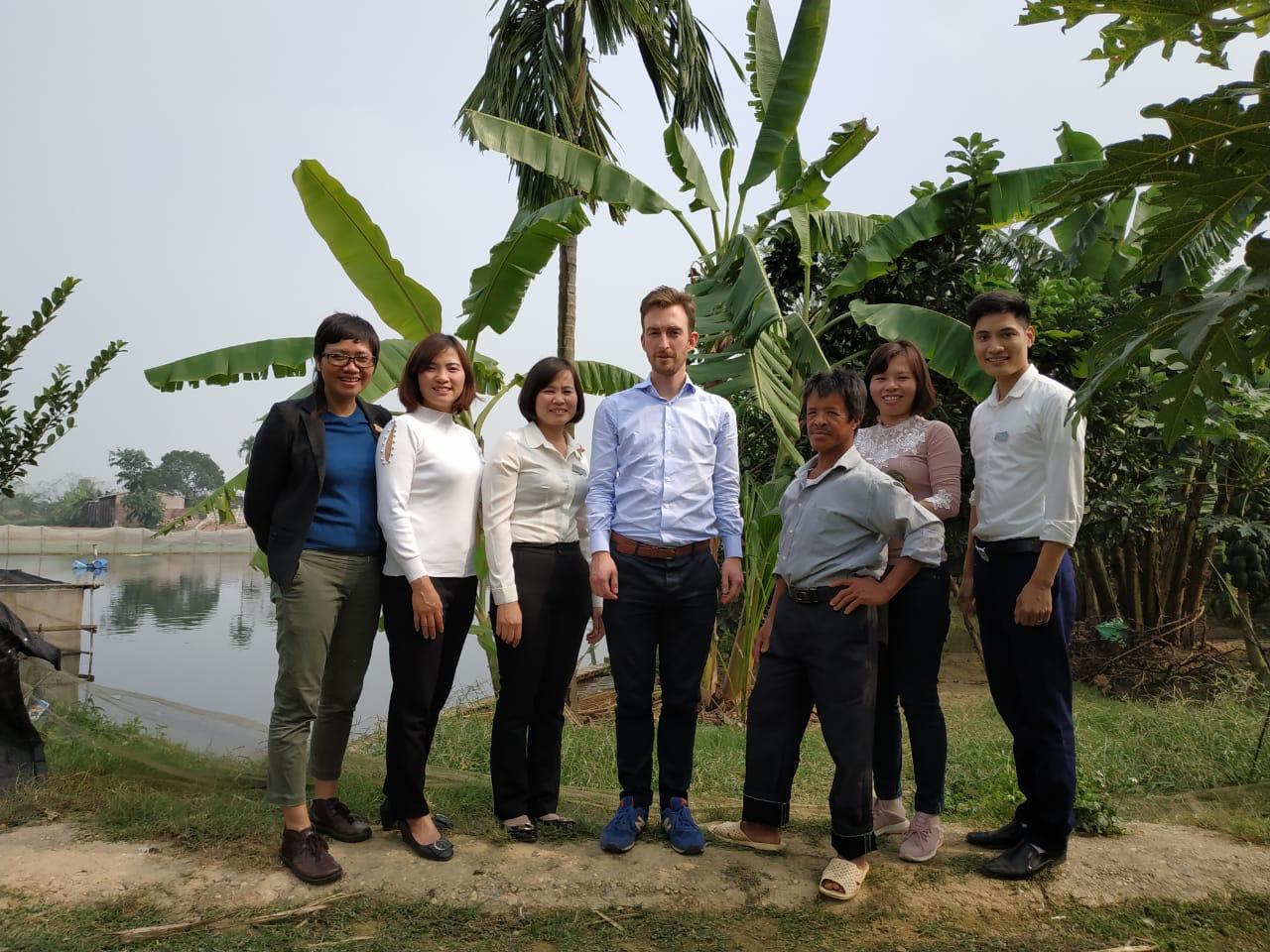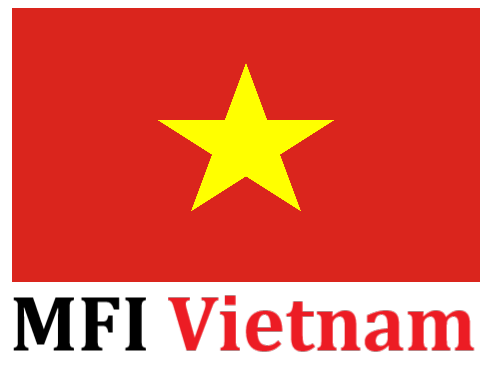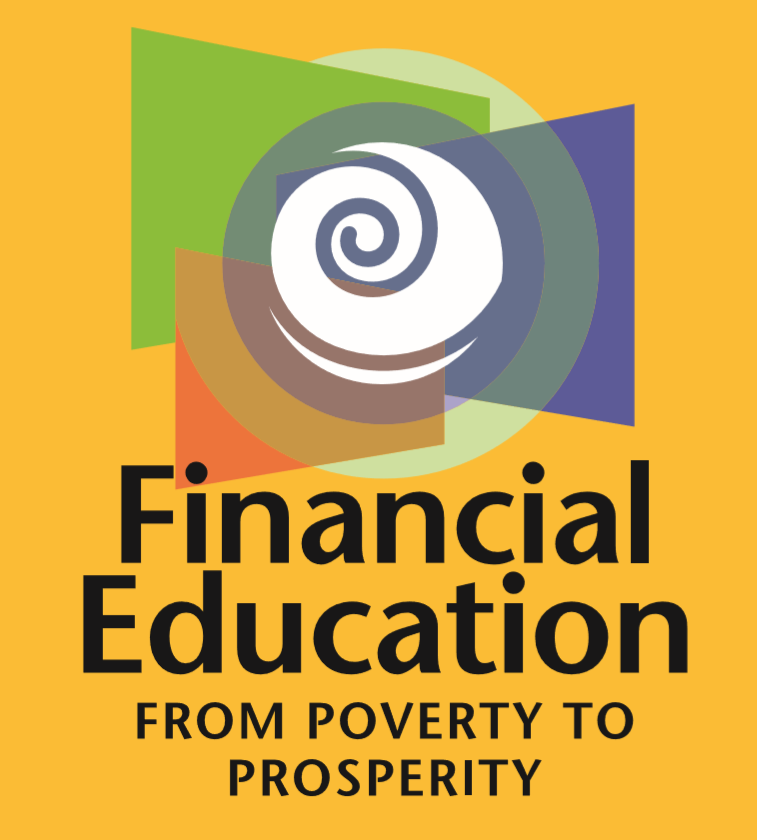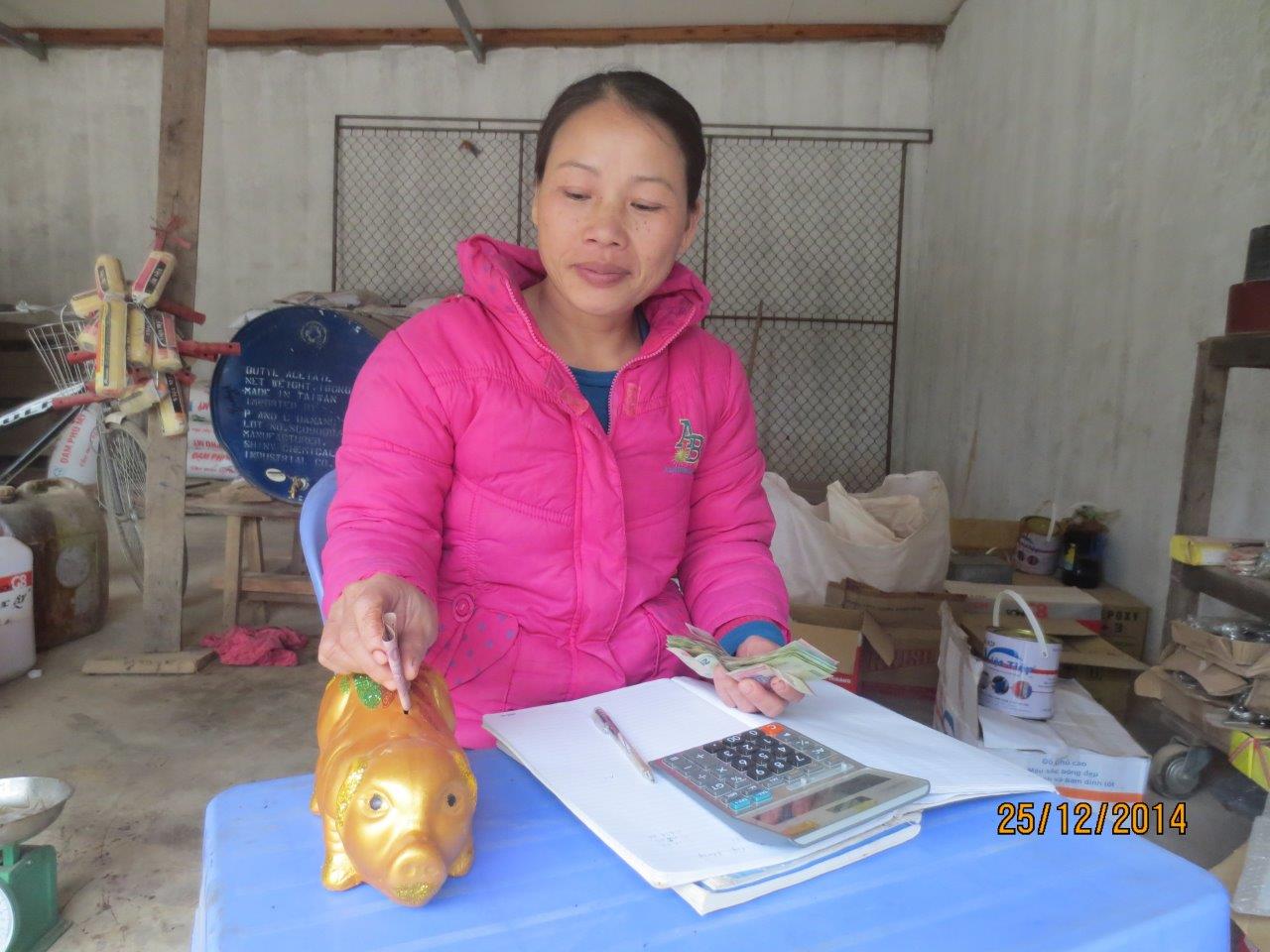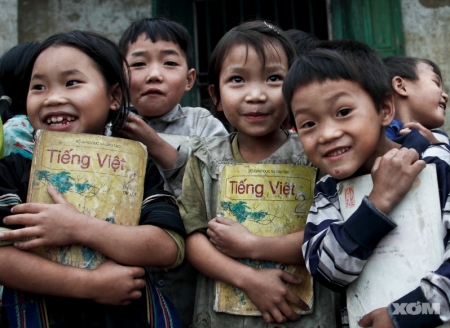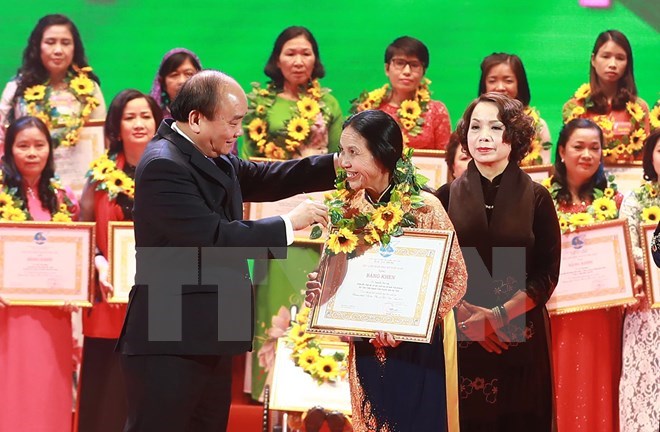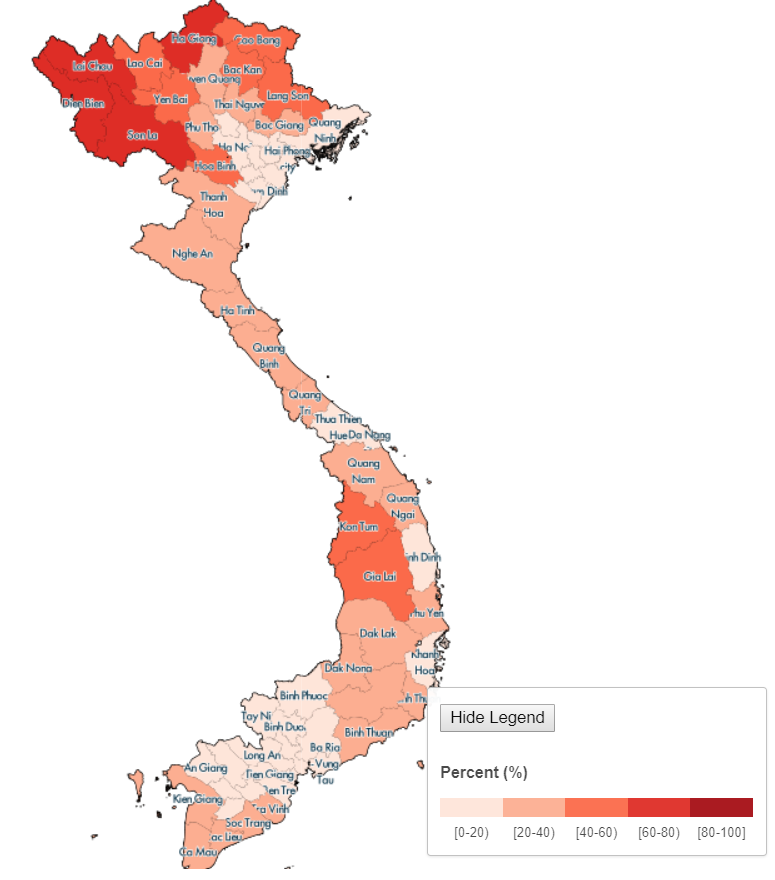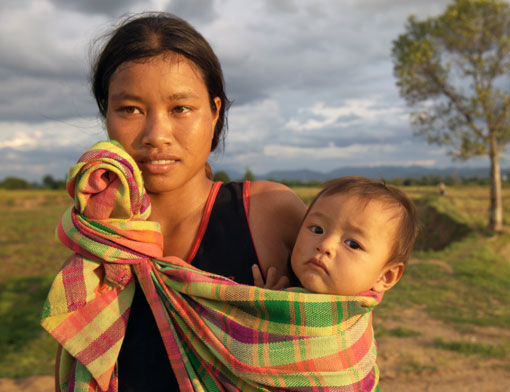VietED Message of 2019 – “EFFICIENCY AND SHARING”
As the year 2018 draws to close and 2019 welcomes us, I want to write something for all of you, as is my practice every year. I write to you as you are the blood and sweat of VietED Group and are an inextricable part of myself. Let me begin with summarizing what went through in 2018: VietED MFI activities did not go as so big but regardless of the difficult operating environment, we have maintained the performance as we gradually inch towards a formal MFI status. Microfinance is the Group’s…
Read More